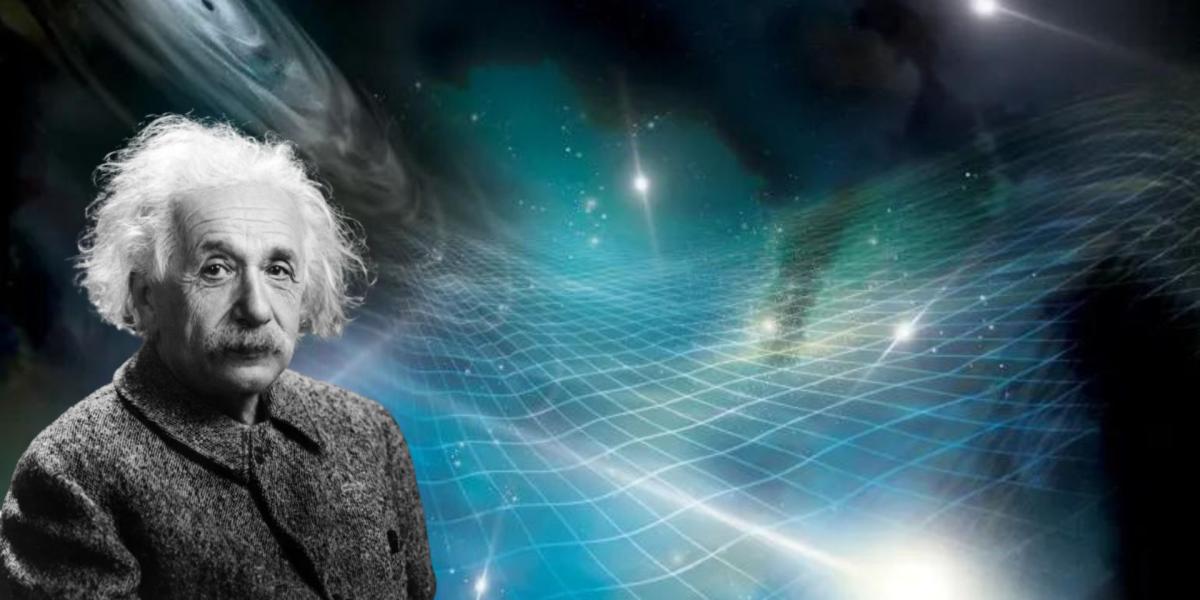Astronomers have reported discovering the first evidence of low-frequency gravitational waves that create a “background hum” throughout the universe, as predicted by Albert Einstein over a century ago.
The findings, unveiled on Wednesday, were produced by hundreds of scientists using radio telescopes in Europe, North America, China, India, and Australia.
The waves are believed to be ripples in the fabric of the universe that travel through space almost unimpeded, and originate from some of the universe’s largest objects, including supermassive black holes billions of times the mass of the Sun. The waves were detected by observing pulsars, the dead cores of stars that exploded in a supernova, using radio telescopes around the world.
These waves were predicted by Albert Einstein over a century ago and their existence was confirmed in 2015.
The discovery is considered an important breakthrough that could shed light on the mystery of dark matter, the formation and evolution of black holes and galaxies, and the early expansion of the universe after the Big Bang. Dark matter is a type of matter that we cannot see because it does not give off light. However, we know it exists because it has a strong gravitational pull on visible matter. It makes up most of the matter in the universe and is important because it helps to form galaxies and other structures. Scientists are still trying to figure out what dark matter is made of and how it works.
The Big Bang theory suggests that the universe began as a singularity about 13.8 billion years ago and has been expanding since. It is supported by the cosmic microwave background radiation and the observed abundance of light elements in the universe. The theory predicts the existence of dark matter and dark energy. However, it does not explain some phenomena, such as why the universe appears to be homogeneous and isotropic on large scales or why the universe’s expansion is accelerating. Ongoing research and debate in cosmology aim to address these questions and challenges.



Back to top